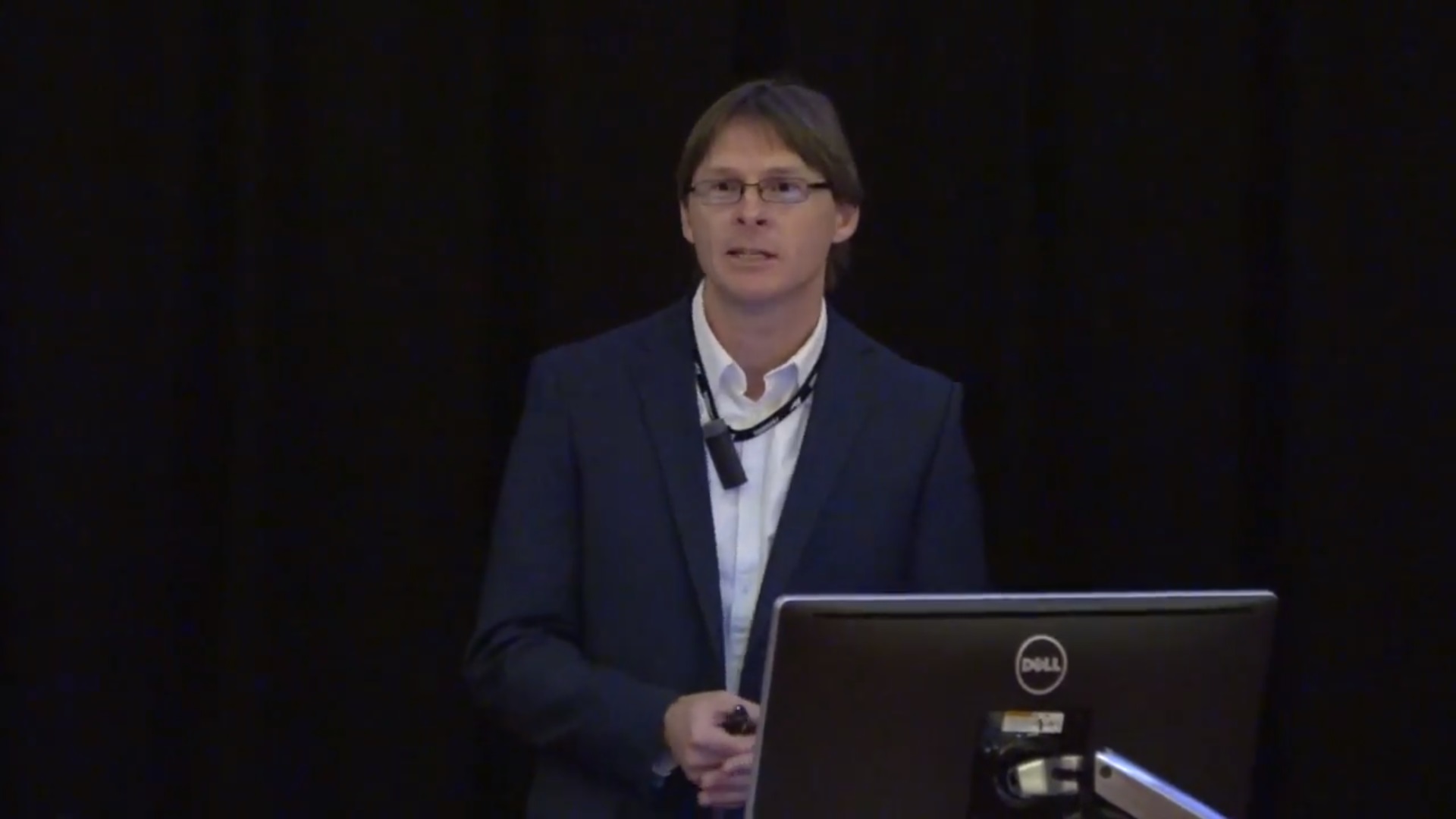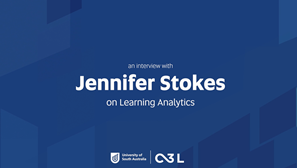Adelaide University is now open!
For all information related to the new Adelaide University — including study applications for 2026, details for commencing and current students, and Graduate Research — please visit adelaideuni.edu.au.

The information on this website applies to services of the University of South Australia as of 19th December 2025 including for students completing their studies and graduating with UniSA during the period 19th December 2025 up until 31st March 2026.
Reports

2020 C3L Annual report
We have the pleasure to announce that the 2020 Report by the Centre for Change and Complexity in Learning has been published.
Download: C3L 2020 Annual Report
Presentations
Learning Analytics: Over simplified and under used

This presentation reflects on the noted promise of fields such as learning analytics and big data in terms of their capacity to deliver new forms of educational practice. That is, the rise and enculturation of data-informed learning and teaching, the provision of early alert systems, flexible and personalised learning opportunities enacted through recommender systems and the development of individualised learner profiles. The complexities of educational systems will be explored to better understand why learning analytics remains largely in the developmental phases and how these challenges can be addressed at a systemic sector-wide level.
Perpetually Improving Educational Technology: MOOClets for Collaborative, Dynamic, Personalized Experimentation

Joseph Jay Williams presents the keynote address Perpetually Improving Educational Technology: MOOClets for Collaborative, Dynamic, Personalized Experimentation at the 2018 Digital Learning Summit. Hosted by the University of South Australia's Teaching Innovation Unit.
Fostering collective creativity and 21c literacies through CSCL and formative LA environments: Pedagogical promises and dilemmas

Jennifer Pei Ling Tan presents Fostering collective creativity and 21c literacies through CSCL and formative LA environments: Pedagogical promises and dilemmas at the 2018 Digital Learning Summit. Hosted by the University of South Australia's Teaching Innovation Unit.
The Self-Regulated Learner

Stephen Doherty presents Language technology and language processing: Breaking barriers and making connections at the 2018 Digital Learning Summit. Hosted by the University of South Australia's Teaching Innovation Unit.
Learner agency, feedback… and learning analytics

Davis Carless presents Learner agency, feedback…and learning analytics at the 2018 Digital Learning Summit. Hosted by the University of South Australia's Teaching Innovation Unit.
Trusted Learning Analytics

Hendrick Drachsler presents Trusted Learning Analytics at the 2018 Digital Learning Summit. Hosted by the University of South Australia's Teaching Innovation Unit.
Language technology and language processing: Breaking barriers and making connections

Catherine Spann presents The Self-Regulated Learner at the 2018 Digital Learning Summit. Hosted by the University of South Australia's Teaching Innovation Unit.
An Interview with Dr Chris Brooks on Learning Analytics

Dr Christopher Brooks is an applied Computer Scientist who builds and studies the effects of educational technologies in higher education and informal learning environments. Dr. Brooks has a particular domain focus on data science education and methodological interests in predictive modeling, learning analytics, and collaborative learning.
An interview with Professor Phil Winne on Learning Analytics

Dr. Phil Winne is a distinguished SFU Professor of Education and a Fellow of the Royal Society of Canada, the American Educational Research Association, the American Psychological Association, the Association for Psychological Science, and the Canadian Psychological Association. Formerly a 2-term Tier I Canada Research Chair, he researches self-regulated learning, metacognition and learning analytics; and develops software technologies to support learners and gather big data for learning science.
An interview with Mr John Foley on Learning Analytics

Mr John Foley is Principal of St Michael's College. Located in Henley Beach, South Australia, St Michael’s College is a Reception to Year 12 Catholic school educating approximately 1,800 students in the Lasallian tradition.
An interview with Mr Wayne Jaeschke on Learning Analytics

Mr Wayne Jaeschke is Director of Research and Learning Services at Trinity College. Trinity College, previously known as Trinity College Gawler, is an Anglican, K-12, co-educational, day school in the northern suburbs of Adelaide, South Australia
An Interview with Dr Sasha Poquet on Learning Analytics

Dr Sasha Poquet is a researcher at the Centre for Change and Complexity in Learning, at the University of South Australia. She is interested in how human, technological, and artificially intelligent agents can change peer learning behaviour and knowledge processes in digital settings. Her research is situated at the intersection of learning analytics and computational social science.
An Interview with Ms Jennifer Stokes on Learning Analytics

Jennifer Stokes is a UniSA Course Co-ordinator for a number of courses at the University. Ms Stokes uses innovative teaching approaches to build student engagement, with a focus on technology, equity, interactivity and new media



